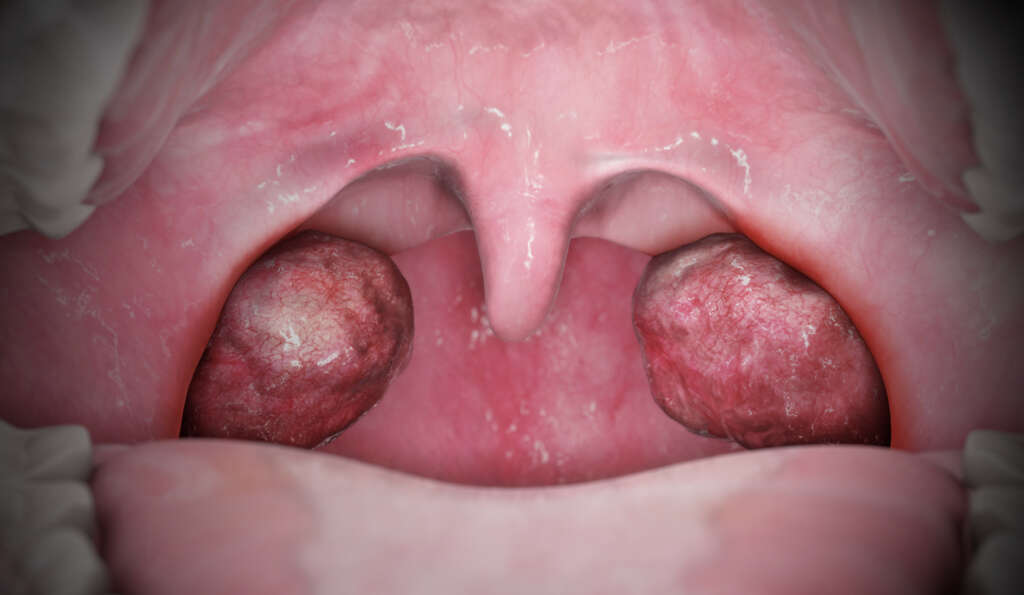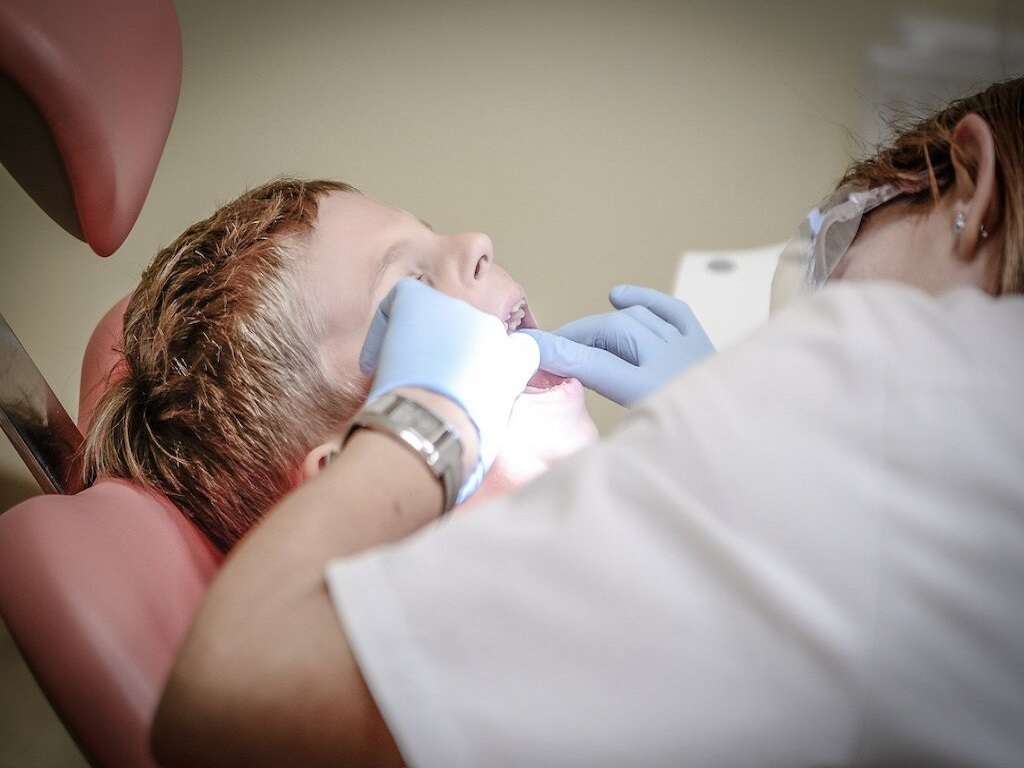What Is Pharyngitis?
Some diseases are very rare, so rare that you are unlikely to ever know somebody that will ever have them. Others are more common, however, and you have likely had them yourself. It is a good thing that the more common diseases are also likely to be on the milder end of the severity scale.
Treatments for these diseases are also usually fairly straight forward, and is not even deemed necessary in some cases. They will often cause little disruption, other than maybe a few days sick off work. One of the most common of all is pharyngitis, which is a condition that you have likely had yourself.

1. Pharyngitis
Pharyngitis might sound like a nasty disease, but it is actually very common, and is usually nothing to be concerned about. Most of us have had it at least once in our lifetimes, and many of us have had it numerous times. The condition is more commonly known as a sore throat.
Although pharyngitis is not usually a cause for concern, it can still be very uncomfortable. The pain it can cause can make it difficult for the patient to speak and swallow, and even eating and drinking can become a challenge. There are numerous potential causes for the condition.

2. Bacterial Infections
Whenever we eat, drink, or put anything in our mouths, we will be putting a lot of bacteria in our mouths also. Most of these will be harmless, and our mouths are slightly antiseptic anyway, and this means that the bacteria won’t usually cause a problem for us. If a harmful bacterium is able to take hold, however it can result in a sore throat.
One of the most common bacterial causes of pharyngitis is caused by the bacterium streptococcus pyogenes. This results in the relatively common disease known as strep throat. In some cases, this can go on to develop into scarlet fever or rheumatic fever. There are a number of other bacteria that can also cause the condition.

3. Viral Infections
Pharyngitis is also often caused by viral infections, and they will often cause similar symptoms to bacterial infections. The most pertinent one being soreness in the patient’s throat. Viral infections are also not usually serious and will often pass without and need for the condition to be treated.
Viral infections are responsible for some instances of the common cold, and the influenza virus is responsible for all cases of the flu. Another example is the varicella zoster virus, which causes chicken pox. Measles, which will often cause pharyngitis, is caused by the Rubeola virus. Another fairly common culprit is the mononucleosis virus.

4. Other Causes
There are also numerous other causes of pharyngitis in addition to viruses and bacteria and, again, most are quite harmless. In some cases, it might simply be a case of the patient breathing in air that is dryer than usual. It might even sometimes be caused by shouting or talking for long periods.
Irritants in the air such as tobacco smoke and certain chemicals can also be a cause. Allergies can also cause a sore throat, as well as a number of other symptoms. Reflux is another potential cause as acidic stomach juices rising up the esophagus can irritate the delicate tissue. Throat cancer is another potential cause, although this is rare.

5. Symptoms
The main symptom of pharyngitis is, of course, a sore throat. The pain can range in severity and it can be severe enough to make eating, drinking, and talking very difficult. In addition to the pain, many patients will also experience what is often described as a scratchy sensation.
The back of the patient’s throat is also likely to be very red in color, and there may also be white/yellow patches on their tonsils. The lymph glands in the patient’s neck may become swollen and sore, and their voice can also change temporarily. Lozenges and similar may be able to help relieve the patient of some of the pain and other symptoms.

6. Associated Symptoms
When somebody has a sore throat, it will often be one of several symptoms caused by a disease. The other diseases that accompany a sore throat will, of course, depend on the underlying cause of the condition. One of the most common symptoms that will accompany a sore throat is a headache.
Many patients will also have a runny nose and they may be sneezing regularly. They can also have a cough, which can make the pain of the sore throat worse than it is already. A fever is also quite common, as are aches and pains of joints and muscles. The patient may also be feeling nauseous, and this may also cause them to vomit.

7. Risk Factors
Pharyngitis is one of the most common symptoms of all, and nobody is completely safe from it. It can affect people of all ages but children are more likely to pick up pathogens from other people than adults are. People with allergies are also more likely to get a sore throat than other people are.
People that work around chemicals and in environments where there is a lot of smoke are also more likely to get a sore throat. Smokers are also more likely to develop pharyngitis, as are non-smokers that are exposed to cigarette smoke. People that suffer from frequent sinus infections are also in a higher risk bracket, as are people with a weakened immune system.

8. Prevention
While it is all but impossible to be completely safe from pharyngitis, we can at least help to decrease the likelihood that we will get it. These generally include common sense precautions that will help to keep us safer from disease overall. One way to achieve this is to wash your hands regularly, and sanitizers can be very effective.
Also avoid sharing food, and don’t share cutlery, crockery, and drinking vessels. Keep surfaces clean, especially things like keyboards and telephones that are going to be touched regularly. Try and make sure that if you sneeze or cough then you do so into a tissue, and also try to keep clear of other people that appear to be sick.

9. Diagnosis
There are many potential causes of a sore throat, and finding the cause is important when it comes to treating the condition. One common cause of pharyngitis is tonsillitis, and this is fairly easy to diagnose. All a doctor needs to do a lot of the time is to look inside the patient’s mouth for the tell-tall signs of the disease.
Looking for swollen glands will help a doctor find signs of an infection, while listening to somebody breathing with a stethoscope is also often helpful. A throat swab may be taken so it can be examined in a lab to look for the presence of certain pathogens.

10. Treatment
The treatment of pharyngitis will depend on what the underlying cause is. In many cases, treatment won’t be deemed necessary, although the patient might be prescribed medication that will help to relieve the pain. This is often the case with viral infections, and the patient will likely be asked to take it easy and take on plenty of fluids.
In cases of a bacterial infection, antibiotics are likely to be prescribed, and it is important to complete the course to prevent the infection from spreading. In more serious viral infections, antiviral medication may be deemed necessary. Other treatments may be deemed necessary depending on the diagnosis of the condition.












